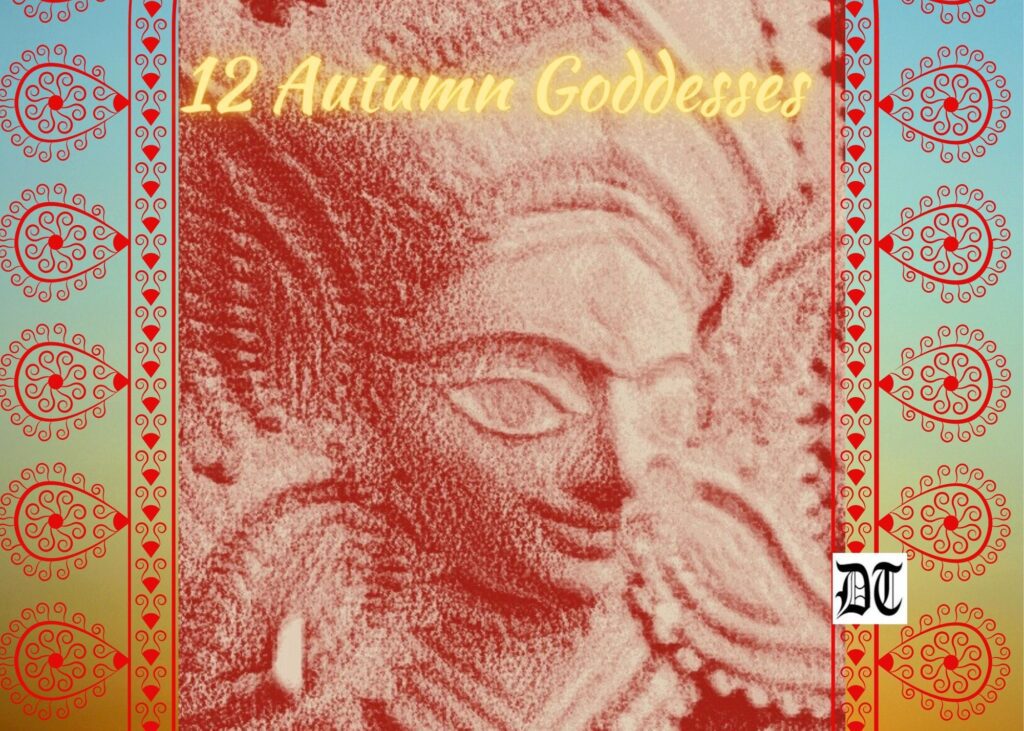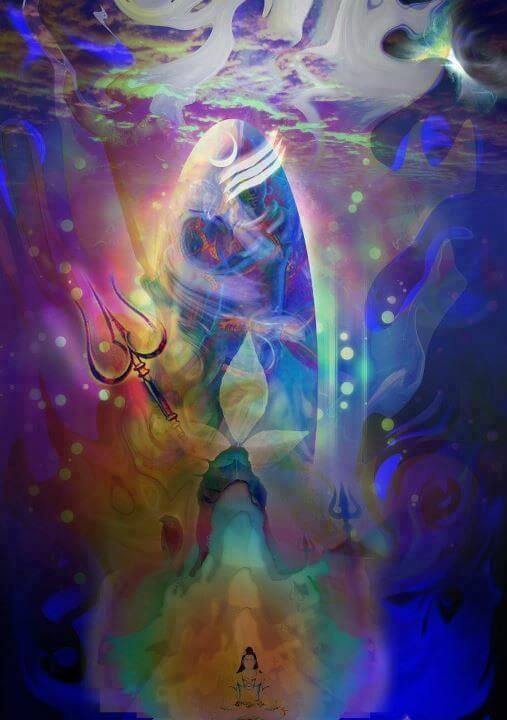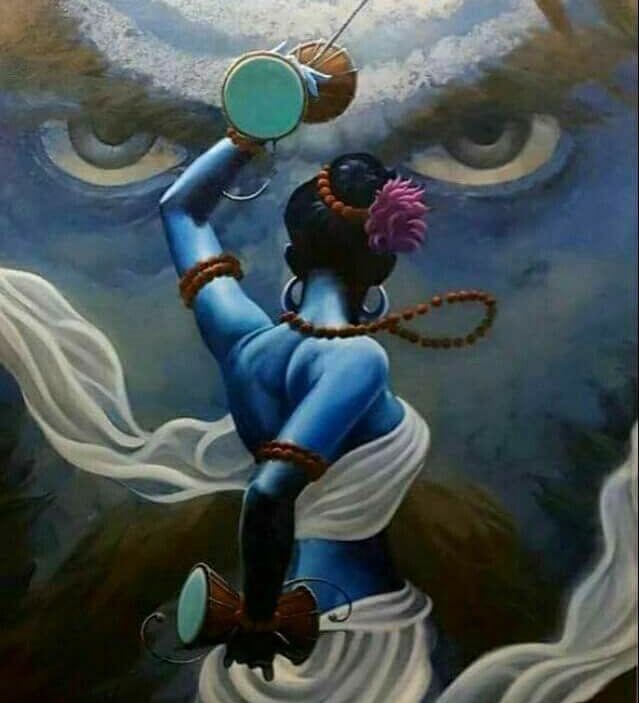Reading Time: 4 minutes
Ram Krishna clears the confusion between Shakti and power. While power is transient, short term meets limited purposes and is prone to misuse and abuse, Shakti, on the other hand, is inner energy-force, indefatigable and inexhaustible. A Special Feature exclusively for Different Truths.

Maa Durga, is an archetype of Shakti. She kills, as a fierce warrior, the demon Mahishasura and other evil creatures. Invoked as a universal source of force and energy, she is worshipped for fertility, prosperity, and creativity.
Seeking blessings from Mother Goddess for Shakti makes imminent sense. Shakti is both desirable and adorable and is accumulated, even pooling other sources of strength. Maa Durga, as Mahashakti, as the popular legend goes, was created by combining the strengths of various gods who offered different weapons for the noble cause of annihilating the demon. While power is transient, short term meets limited purposes and is prone to misuse and abuse, Shakti, on the other hand, is inner energy-force, indefatigable and inexhaustible. Shakti, therefore, ought to be conserved, valued, and cherished, for its use as a potent agency and force, to fulfil noble and worthy causes.
Power is an external manifestation of Shakti. By virtue of being external, exhibitionistic, and intoxicating, power is prone to manipulations and corruption. It has tendencies which can be antithetical to liberal values and humanism. Selfishness, arrogance, intolerance, belligerence, expansionism, unilateralism is some of the facets of centralization of power we witness at the individual, societal, national, and global arena.
The havoc the power can create is for all us to see. The power in social hierarchy manifests in atrocities of the Dalits, the power in patriarchy manifests in gender injustice and crimes, the power of class manifests in gross inequality and exploitation, the power of being dominant species, as humans, manifests in degradation of climate and biodiversity, so on and so forth.
The havoc the power can create is for all us to see. The power in social hierarchy manifests in atrocities of the Dalits, the power in patriarchy manifests in gender injustice and crimes, the power of class manifests in gross inequality and exploitation, the power of being dominant species, as humans, manifests in the degradation of climate and biodiversity, so on and so forth. Muscle, money, position, hierarchy, elitism, all have the proclivities to trample the feeble voices and the weak. Unless tempered, over-obsession and intoxication with wealth, high status-of caste and class, unfair entitlements from asymmetries in the social, political and economic structures, all can lead to perilous consequences.
Yet, over-obsession and clinginess with power is so common, and shedding of power is a rarity. The insecurity of position and influence, lack of trust in others, and fear of being outshined are some common barriers. But in all these barriers, mostly mental, the false and inflated sense of ego, the arrogant feeling that “I am the doer” “I am supreme” is the demon. And this demon needs to be conquered.
In the transition from Shakti to Power, what changes is the addition of the “ahamkara” or “ego” or “I” factor? Like this, “I” is not shared with or devolved in “We”, the accumulated power, unshared and undistributed, becomes prone to misuse or abuse. This, however, can be addressed with the sharing of power through delegation, devolution, and decentralisation.
In the transition from Shakti to Power, what changes is the addition of the “ahamkara” or “ego” or “I” factor? Like this, “I” is not shared with or devolved in “We”, the accumulated power, unshared and undistributed, becomes prone to misuse or abuse. This, however, can be addressed with the sharing of power through delegation, devolution, and decentralisation.

Our holy texts and scriptures say visarjan (immersion) of “I” in “We”, the immersion of “Self” in “Society”, are all creations of highest order. It is through visarjan only, one can have Srijan i.e. creation. When a person constructs an individual “I”, one chains oneself in a maze of success and failure, gain and loss. In such construction, one has a feeling of self-importance, arrogance, and power. Devoid of a sense of reality, humility and responsibility, this delusion of power and authority can cause severe damages to self, society, and institutions.
Amid Covid pandemic, when we offer Pushpanjali, the divine offering, before Maa Durga-be it physically, digitally or otherwise – let us seek Shakti as a blessing from our Shakthi-Roopena Maa, who dwells in all of us as life-energy-force.
Amid Covid pandemic, when we offer Pushpanjali, the divine offering, before Maa Durga-be it physically, digitally or otherwise – let us seek Shakti as a blessing from our Shakthi-Roopena Maa, who dwells in all of us as life-energy-force. By seeking, augmenting, conserving and using Shakti for our own growth and wellness, we also ought to share it with those who need it disparately, for their growth and welfare, and thus help build a humane and inclusive world.
Featured and inserted painting from pinterest.com















Indeed and, of course “power corrupts and absolute power corrupts absolutely” depleting human decency. Thank you.